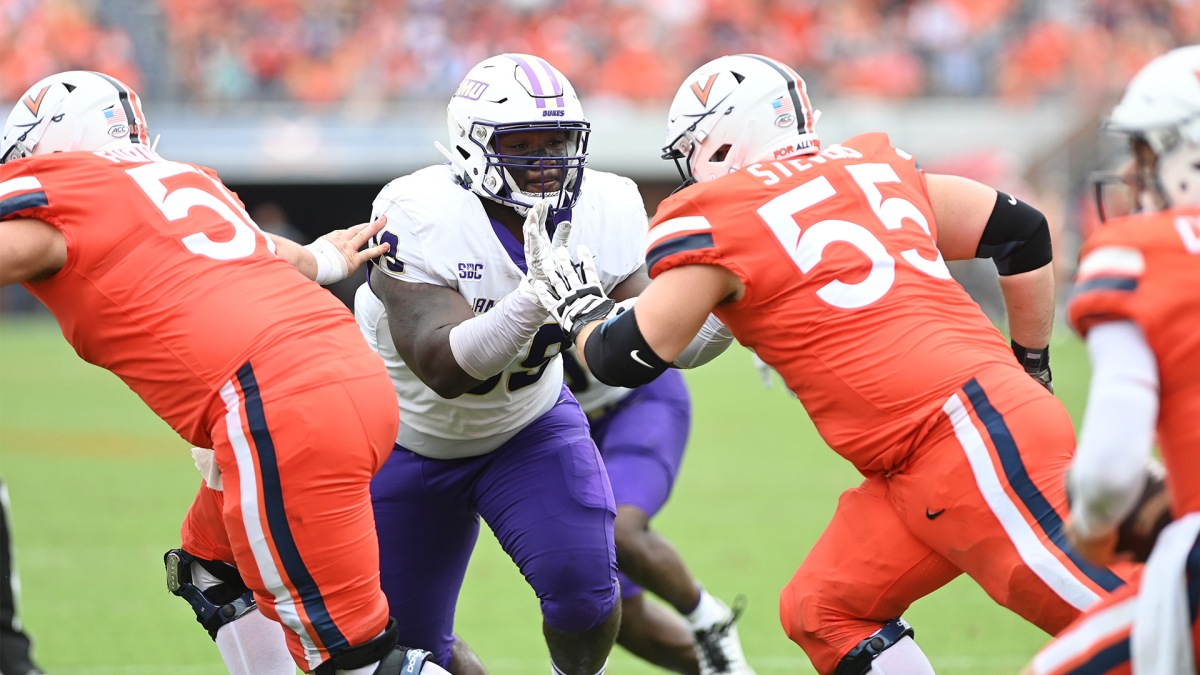- Thu. Apr 25th, 2024
Latest Post
Tracking JMU Football Transfers in the Spring 2024 Transfer Portal – Latest News from JMU Sports
JMU football has had quite a bit of activity in the transfer portal this winter, prompting the creation of a new tracker to keep tabs on all the movement. The…
UNM Anderson students achieve top five placement in world’s largest sales competition, reports UNM Newsroom
UNM Anderson School sales students Eddie Acosta, Andrew Salazar, and AJ Dille dominated the virtual RNMRKS international role-play sales competition held on April 10-11. The trio placed second, fourth, and…
Strong Economy Doesn’t Present Challenges for the Fed: US GDP
The US economy showed strong growth last year, expanding at a rate of 3%. However, growth slowed to 1.6% in the first quarter of this year due to a drag…
Public banks in support of home purchase loans relaunch
After the initial kick-off by Banco Hipotecario in relaunching new lines of UVA credits for home purchase or construction, another bank has joined the movement – City Bank. The National…
Damage Sustained by Paris’ Moulin Rouge – What Happened to the Iconic Landmark?
The iconic windmill sails of the Moulin Rouge in Paris collapsed for the first time in its 134-year history overnight. The incident occurred at 2 a.m., shortly after the venue’s…
Nasdaq’s Profits Decline Amidst Unstable Economy Preventing IPO Revival
Nasdaq Inc. reported a decrease in profit for the first time in a year, signaling caution among firms waiting for the economy to stabilize before going public. Earnings fell to…
Tesla experiences first revenue decline since 2020.
In the first quarter of this year, Tesla experienced a decline in revenues for the first time since 2020. This decrease was attributed to a drop in sales of electric…
Morrison accused of committing second burglary at the same business
A Polson man, Bryce L. Morrison, who had recently received a suspended sentence on a burglary charge, is facing new accusations of committing a similar crime. Morrison, 26, pleaded not…
U.S. sees slower economic growth in first quarter of 2024, missing forecasted expectations
The U.S. economy experienced a slower rate of growth than expected in the first quarter of 2024, according to government reports released on Thursday. The figures from the bureau of…
Micron Technology to Begin Mass Production of 200+ Layer QLC NAND
Micron Technology Inc., a semiconductor manufacturing company, has announced that its 232-layer QLC NAND flash memory is now in mass production. The memory is being shipped to enterprise storage customers…




